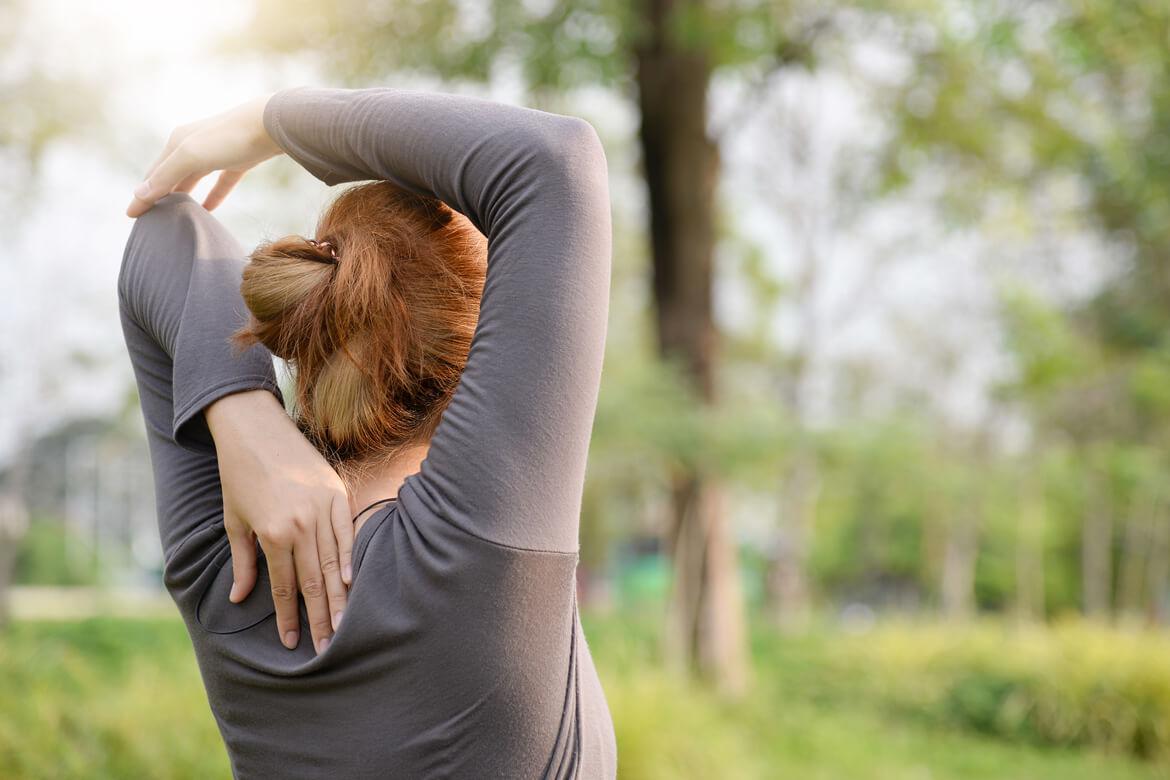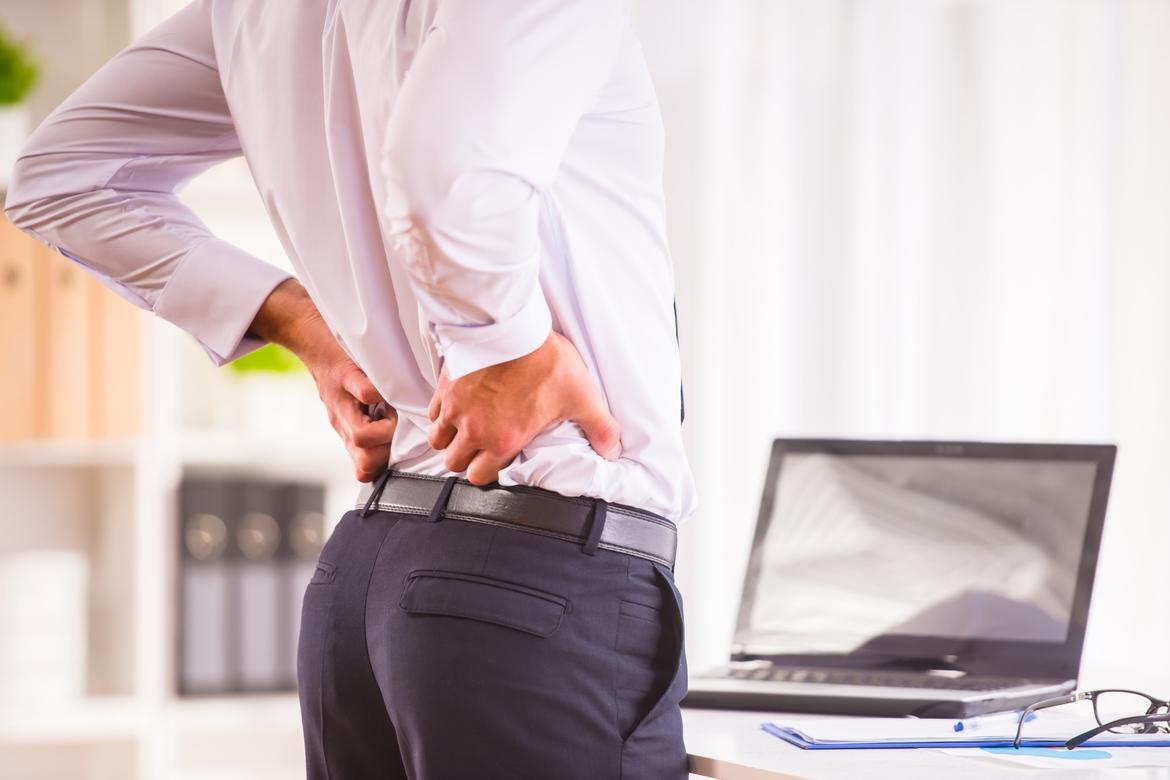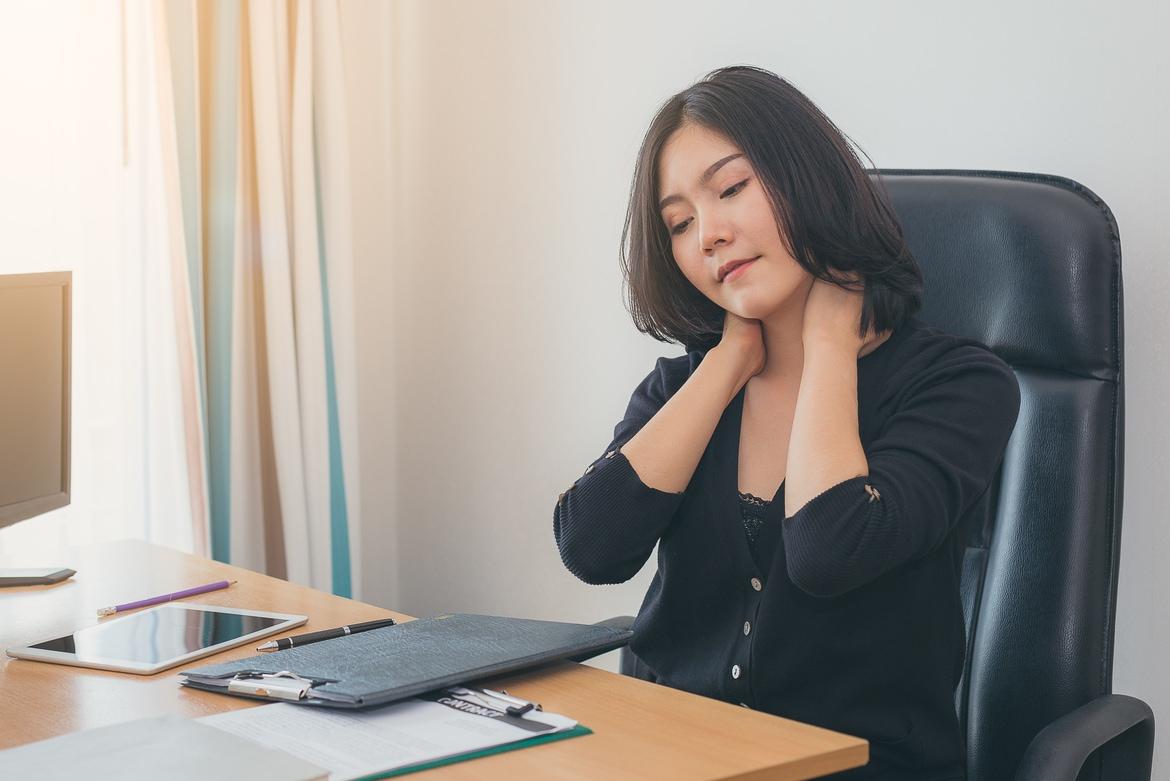-
-
Featured Care Areas

Slipped (Herniated) Disc
Frequently asked questions
A:
Non-medical home remedies
Before trying any home remedies, you should approach a qualified healthcare professional for a proper assessment first. Examples of non-medical home remedies include:
Back brace
You may notice short-term relief from a lumbar support device or back brace. It is important to find a brace that fits the shape of your spine in its pain-free position.
Sometimes, wearing a brace may increase the pain instead. You should stop wearing your brace if it increases your pain.
Do not use the back brace for more than 2 weeks. Otherwise, your muscles will start to adapt and lose strength as they get accustomed to the brace.
Yoga
In general, yoga can help to reduce your back pain, strengthen your core and prevent further injury. As a slipped disc is a serious injury, you should seek permission from your doctor and professional advice from a trained yoga instructor. You may also consider guided exercises with an experienced physiotherapist as an alternative to yoga.
While training, you should not perform any moves that increase the original pain. Avoid poses that require you to:
- Bend forward past 90 degrees without bending your knees
- Twist around your back
- Sit and fold forwards
Walking
Gentle activities like walking can help with a herniated disc as long as it does not increase pain.
A: Not all herniated discs heal naturally. In the cases of slipped discs that do heal naturally, it may take 4 – 6 weeks to feel better.
A: Signs and symptoms depend on where the disc is situated and whether the disc is pressing on a nerve. Most herniated discs occur in the lower back, although they can also occur in the neck, and usually affect one side of the body.
You will most likely experience:
- Pain in your buttocks, thigh and calf, if your herniated disc is in your lower back
- Sharp or burning pain in your shoulder and arm, if your herniated disc is in your neck
- Poor control, difficulty walking and clumsiness of the hands if your herniated disc involves your cervical spine and spinal cord
- Numbness or tingling in the body part served by the affected nerves
- Loss of bladder control or bowel control in large disc prolapses
A: Sometimes, a herniated disc can heal on its own over time. To help with the recovery process, you can try the following:
- Rest
- Topical pain relief such as hot or cold packs
- Pain medication such as muscle relaxants and non-steroidal anti-inflammatory drugs (NSAIDS)
- Physiotherapy and rehabilitation
A: Yes, a degenerate bulging disc can sometimes rupture and develop into a herniated disc.
Although bulging discs and herniated discs both affect discs in your spine, they are different conditions:
- Bulging discs are usually caused by age-related degeneration and affect multiple discs. This condition develops over time and can cause other disc degeneration-related issues, like lumbar stenosis (narrowing of the spinal canal).
- Herniated discs involve a complete tear of the outer shell of the disc (annulus), herniation of part of the centre of the disc (annulus) into the spinal canal and compression of the nerves there.
A: Yes, an untreated, severe slipped disc can lead to permanent nerve damage.
In very rare cases, a slipped disc can cut off nerve impulses to the collection of nerves in your neck, arms and lower back and legs. Nerve damage can cause:
- Permanent weakness
- Loss of bowel control or bladder control
- Loss of sensation of part of the arms or legs
A: While the probability of relapse after surgery is low, there is no guarantee your slipped disc will not recur.
Possible recurrence depends on a number of factors, such as the:
- Likelihood of more disc fragments breaking off and herniating out
- Likelihood that another disc level may dislodge, causing another nerve compression.
A: While bulging discs may be painless, slipped discs are more likely to cause pain and irritate nerve roots.
A: A herniated disc sometimes heals on its own over time, under the right care and treatment.
If your symptoms do not get better after 6 weeks – 3 months, you may require surgical treatment. Seek medical help if you experience:
- Worsening symptoms
- Neurological deficits such as increasing weakness
- Loss of bladder control or bowel control
A: If left untreated, a serious slipped disc can result in:
- Permanent nerve damage
- Loss of bowel control or bladder control
- Partial paralysis, known as saddle anaesthesia, where you may lose sensation in your hands, arms, inner thighs, at the back of your legs, and around your rectum.
A: If you have a herniated disc, you should avoid:
- Heavy lifting
- High-impact activities
- Repetitive strenuous activities
- Activities that exert sudden pressure on the back
- Any activity that causes pain or aggravates existing pain
This coverage checker is brought to you by Health Insured, an online resource that helps you understand your health coverage in Singapore.
This page has been reviewed by our medical content reviewers.
Need help?
For enquiries, please call
+65 6377 3737
For appointment bookings, please WhatsApp
+65 8111 3777








